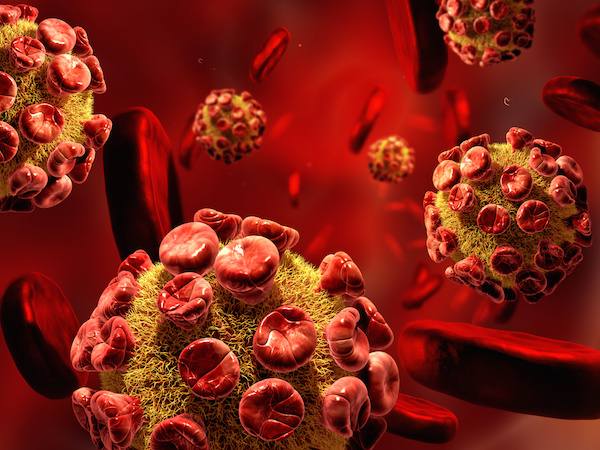
THURSDAY, Feb. 18 (HealthDay News) — Variations in one gene are associated with athletic endurance and may make a difference in a runner’s performance, a new study has found.
Researchers examined 155 track and field athletes and found that 80 percent of those who excelled in endurance events, such as marathons, had variations of the NRF2 gene, compared with 46 percent of sprinters. An analysis of 240 non-elite athletes produced similar findings.
“These findings suggest that harboring this specific genotype might increase the probability of being an endurance athlete,” one of the study authors, Nir Eynon, of the Wingate Institute in Israel, said in a news release from the American Physiological Society.
“So, some of us are truly born to run,” Eynon added.
While the study shows an association between these gene variations and athletic endurance, it doesn’t establish a cause-and-effect relationship. Further research is needed to determine precisely what role the NRF2 gene plays in athletic performance.
The study findings were released online in advance of publication in an upcoming print issue of the journal Physiological Genomics.
Previous research has shown that the NRF2 gene helps produce new mitochondria (cellular structures that produce energy) and reduces the harmful effects of oxidation and inflammation, which increase during exercise.
More information
The American Academy of Orthopaedic Surgeons offers tips for a safe running program.

